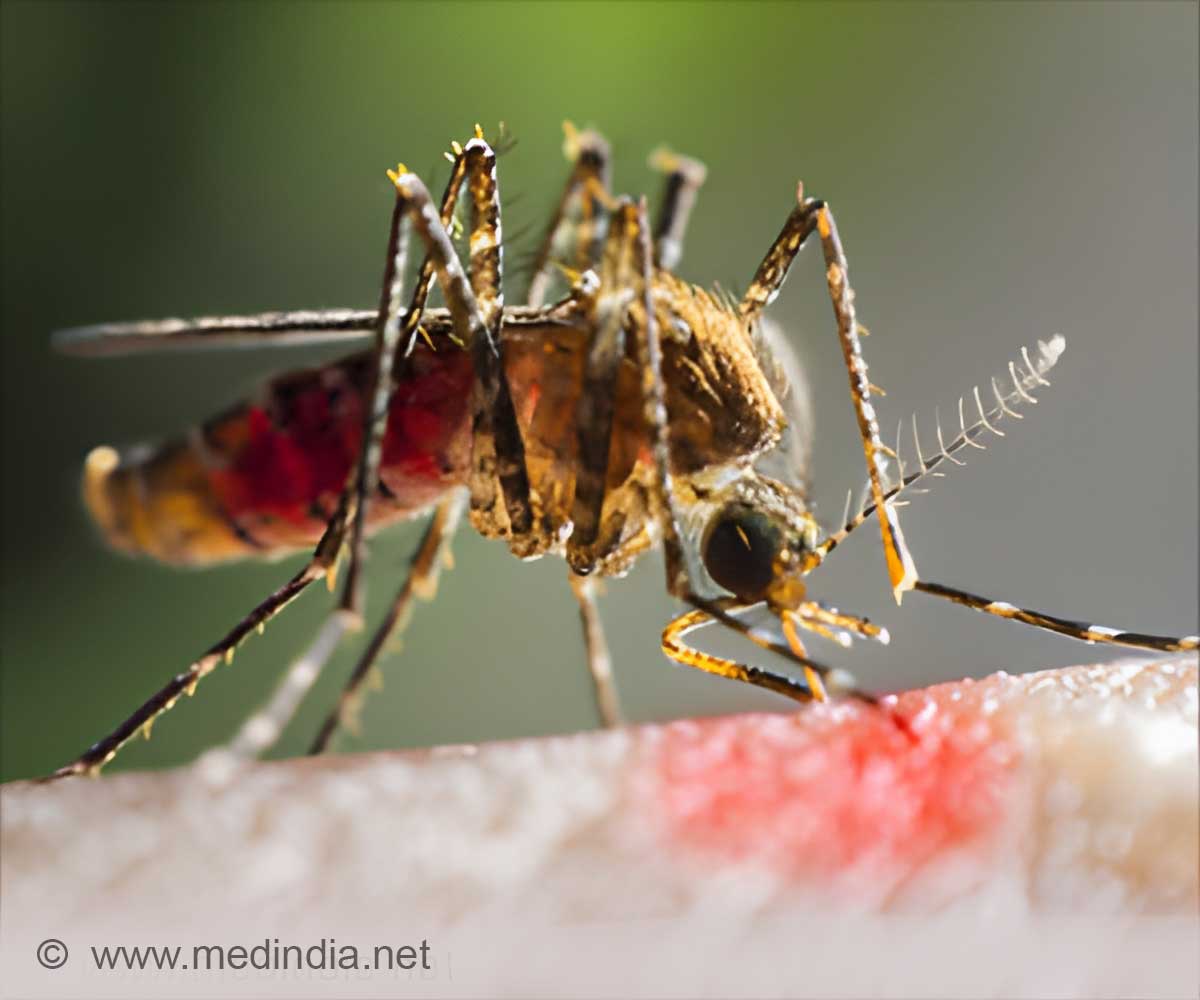With 13 Indians already confirmed to have been infected with the Zika virus in Singapore, experts have more bad news to share.

‘Countries with large volumes of travellers arriving from Zika virus-affected areas of the Americas and large populations at risk include India, China, Indonesia, the Philippines, and Thailand.’





"An estimated 2.6 billion people live in areas of Africa and Asia-Pacific where the local mosquito species and suitable climatic conditions mean that local Zika virus transmission is theoretically possible," said study author Kamran Khan from St Michael's Hospital, Toronto, Canada. "Warmer temperatures in the northern hemisphere (when mosquitos are more active) increase the risk of new outbreaks appearing outside of the Americas," Khan added. In this study, the researchers established the ecological niche for Zika virus in the Americas - where Zika virus transmission has been reported or where conditions are suitable.
The researchers then gathered data on airline ticket sales from 689 cities with one or more airports in the region travelling to Africa or Asia-Pacific over a whole year - December 2014 to November 2015. The research team then modelled three different scenarios of seasonal suitability for mosquito-borne transmission of Zika virus.
In addition, the team mapped the monthly volume of travellers arriving into Africa and Asia-Pacific in order to identify countries at greatest risk of Zika virus importation across seasons. Health expenditure per capita was used as a proxy of a country's capacity to detect and effectively respond to a possible Zika virus outbreak.
Countries with large volumes of travellers arriving from Zika virus-affected areas of the Americas and large populations at risk include India (67,422 travellers arriving per year), China (23,8415 travellers), Indonesia (13,865 travellers), the Philippines (35635 travellers), and Thailand (29,241 travellers).
Advertisement
While the analysis emphasises the potential for human infection via mosquitos, sexual transmission of Zika virus infection is now well documented. The authors said that travellers returning from affected areas would benefit from health education to prevent sexual transmission.
Advertisement
"Our findings could offer valuable information to support time-sensitive public health decision-making at local, national, and international levels," he added.
Source-IANS








